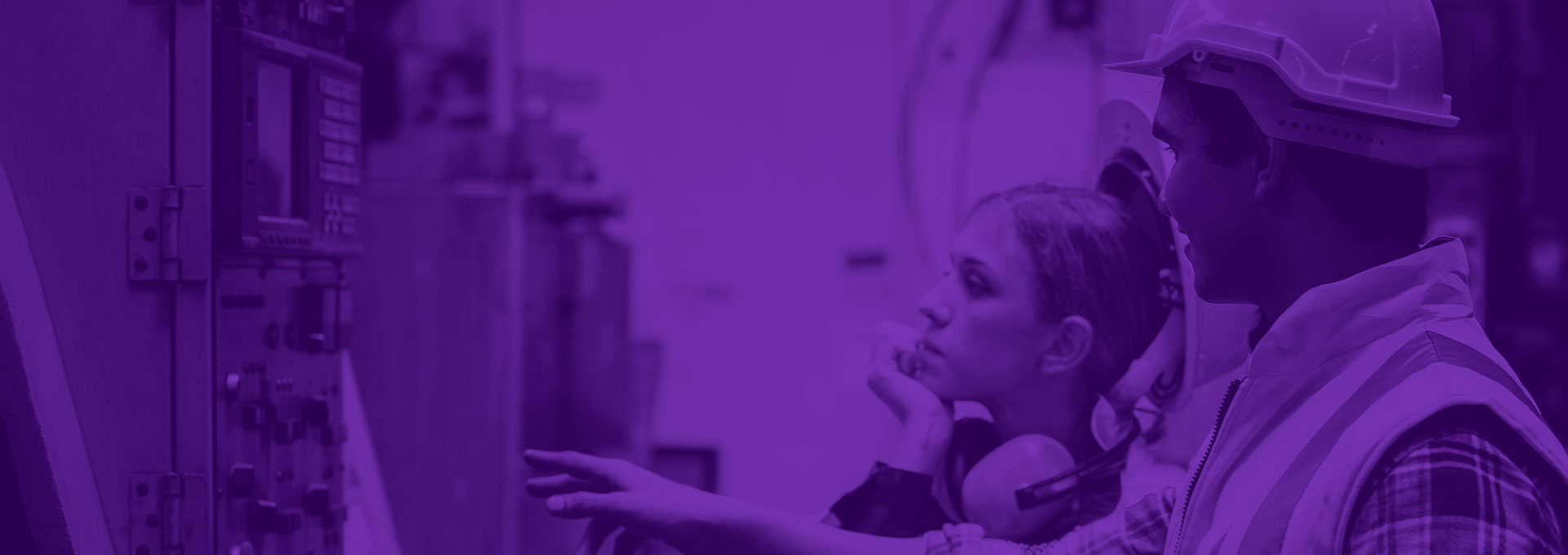U.N. Sustainable Development Goal 8:
Decent Work and Economic Growth
The U.N. SDGs are driving governments, individuals, universities, and businesses to adjust their practices to achieve benchmarks and secure a sustainable future by 2030. Incorporating SDG 8, Decent Work and Economic Growth, into your business will empower you to tackle the unique challenges of development and innovation, grow your local economy, become a sustainability leader, and show your customers you prioritize the needs of all. In order to incorporate SDG 8 into your business practices, you must understand the overview of the goal, specific targets, the business case, and best practices for implementation.
What is SDG 8?
SDG 8: Decent Work and Economic Growth is the SDG focused upon promoting sustained and inclusive economic growth, complete and productive employment, and decent work for all.
Overview
To this day, approximately half of the global population still lives on the equivalent of $2 a day. More often than not, these low paying jobs do not guarantee stability and individuals can readily be replaced by others seeking work. Workers are then forced to perform through illnesses, unsafe working conditions, and long hours at risk of losing their job if they miss even a shift. Over 60% of all workers do not have any form of employment contract and less than 45% of wage and salary workers are full-time, permanent employees.
Over the past 25 years, despite numerous instances of political unrest, famine, and recession, the global workforce has seen significant improvements in the number of people living in global poverty. In economic and infrastructural developing countries, 34% of workers are now considered middle class, which almost tripled between 1991-2015. While this shift is promising, we are at a critical point where there is beginning to be slower growth, widening inequalities due to climate change, and not enough quality jobs to meet the demand. The period of 2010-2018 saw a 2.0% per capita GDP growth rate, which declined to 1.5% in 2019 pre pandemic.
COVID-19 and SDG 8
COVID-19 had an immediate impact on economies worldwide with the most devastating impact on developing countries. There was an estimated 4.2% decrease in global GDP per capita in 2020. Informal economy workers, those who partake in enterprises, jobs, and trades that are not protected by the state became incredibly vulnerable to losing their livelihoods. Throughout the pandemic, an estimated 1.6 billion informal economy workers lost their source of income. The tourism industry was of the industries that suffered the greatest impacts. With no one traveling, hotels, destination islands, travel planners, tour operators, souvenir shops, and numerous other niche tourism workers lost their main source of income. This highlighted how heavily billions of people rely on tourism and the need for consistent, reliable, diversified sources of income.
Basic tenets of SDG 8:
- Sustained economic growth
- Technological innovation
- Full and productive employment for all genders
- Capacity building
- Diversified sources of income
SDG 8 Targets
The UN has identified 12 targets and 17 indicators for progress in SDG 8. Many of these goals are scaled for national government implementation. However, they can still be applied to business practice on a smaller scale to show a demonstrated commitment to contributing to economic growth.
Below are the most applicable targets and indicators for businesses:
- Sustainable economic growth
- Diversify, innovate, and upgrade for economic productivity
- Promote policies to support job creation and growing enterprises
- Creation of 600 million new jobs, primarily in developing countries, by 2030
- Improve resource efficiency in consumption and production
- Full employment and equal work with decent pay
- Equal pay for equal value work for all women and men including younger people and people with disabilities
- Reduce the proportion of youth (ages 15-24) not in employment, education, or training
- End modern slavery, trafficking, and child labor
- Protect labor rights and promote safe working environments
Why should businesses adopt SDG 8?
Businesses are inherently money-making machines designed to build economies and create jobs. Business leaders should be committed to providing decent work for their employees and ensuring they are promoting equality and justice throughout all aspects of their value chain. Promoting SDG 8 within your business will create a positive working experience for your employees, create better quality of life, establish a positive reputation for your business, and build the global economy.
Best practices to build the global economy
Below are the best practices for businesses to create decent work and economic growth:
- Establish a firm and definitive policy against unfair hiring and recruitment practices, especially based upon gender, race, and disability
- Administer capacity building workshops and trainings along all values of the supply chain
- Do invest in the professional development of all employees, not just upper management
- Put into place strategies to identify and combat child and forced labor across supply chain
- If applicable, create fair pay, working conditions, and opportunities for professional growth for your company’s workers in developing countries
- Incorporate SDG 5, SDG 11, and SDG 12 into your business practices
SDG 8 Implementation Examples
SpectraForce
SPECTRAFORCE is an innovative and award-winning global staffing and consulting firm supporting over one hundred Fortune 1000 clients for contingent, direct hire, and Statement of Work services. Over the years, they have differentiated themselves by developing and implementing breakthrough talent sourcing technologies, using Robotics and Artificial Intelligence to attract best-in-class talent candidates across IT, scientific, clinical, engineering, and professional categories.
The company is passionate and driven by continually creating a culture of joy, fulfilment, and meaningful contribution to the world. They accomplish this mission through a happy medium of state-of-the-art technologies combined with empowered and driven people following and developing sound, proven processes. This framework allows SPECTRAFORCE to consistently deliver high quality services to their clients, candidates, and employees through the innovative concept of NEWJOBPHORIA™, the cure for the common job™.
Read more about SpectraForce in the GBB Member Story: SpectraForce-Proving that Everyone Deserves NEWJOBPHORIA
Executive Summary
Business leaders, sustainability managers and green teams can find ways to incorporate SDG 8 into their business models and practices. Here’s a simple playbook for getting started:
- Educate yourself, fellow executives and employees on SDG 8 (U.N. SDG Overview).
- Identify your company’s initiatives that are aligned with SDG 11 already.
- Implement the most impactful initiatives. Green Business Bureau has over 400 to choose from including initiatives related to efficiency, renewable energy, waste management, green procurement, vehicle emissions, water conservation, and pollution reduction.
- Set measurable targets to increase resiliency
- Report on progress routinely. Here’s a sample sustainability scorecard to keep track.
- Communicate your company’s commitment to sustainability. You can reference SDG 8 for the initiatives related to sustainable cities and communities
- Lead by example. Be an ambassador in the business world for developing a sustainable city
You may find that your company has already adopted initiatives that drive SDG 8 action and work to create decent work and economic growth. Educating yourself and your colleagues about the UN’s goals will help you identify which economic growth targets are most appropriately aligned with your company’s processes. It is up to you to help turn your business into a platform for good and an icon for decent and equitable work.
SDG Business Guides
For more information on other SDGs, check out our library of Green Business Bureau Business Guides for SDG.
About the Author
Leah Mowery
GBB Green Ambassador
Leah Mowery is a content writer for the Green Business Bureau who is passionate about using creativity and storytelling to relay the importance of sustainability. She served as a Peace Corps Volunteer in Nepal where she discovered a love for sustainable development. She fostered this interest in her Master’s in Global Sustainability program with a concentration in Climate Change at the University of South Florida. She enjoys painting, reading and all forms of outdoor recreation.



